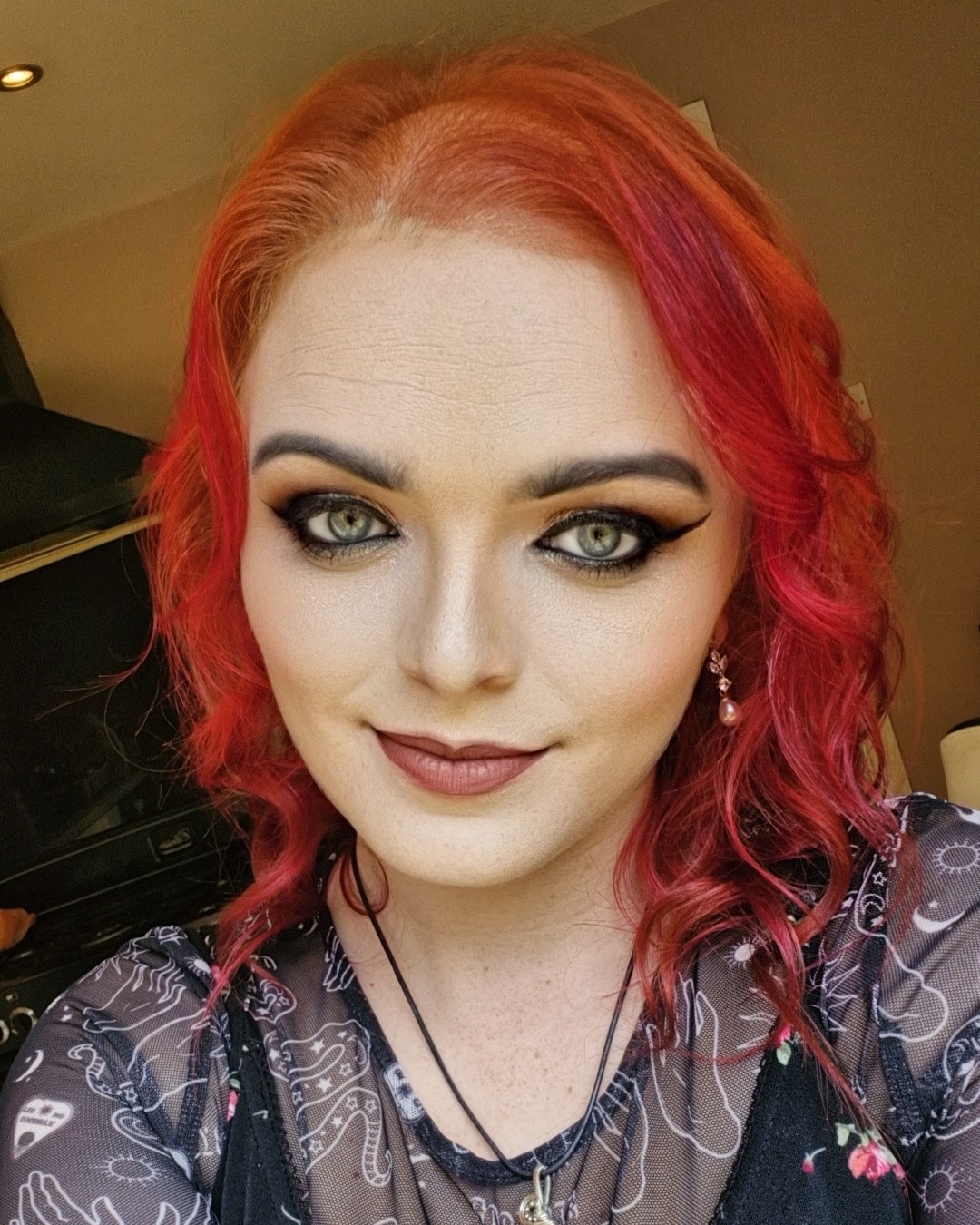Natassia Charles, part of the Capacity Tracker team at NECS, is passionate about raising awareness of Phenylketonuria (PKU), a rare but potentially serious inherited disorder. In this blog, Natassia explains what the disorder is, and she tells us about her difficult experience with this disorder and how she manages it.
“May is International PKU awareness month. Not a lot of people know what PKU is unless they have it themselves or know someone else who does. PKU, otherwise known as Phenylketonuria, is a rare metabolic disorder that is diagnosed through a newborn blood spot screening test, at around five days old. Only one in 10,000 babies born in the UK, are born with this condition.
“The condition is caused by a genetic mutation that is passed on by the parents who are carriers of the condition. Our bodies break down protein within food into amino acids, which are the building blocks of protein. Those born with PKU are missing an enzyme in their liver which means they are unable to break down the amino acid phenylalanine, which then builds up in their blood and brain and can lead to brain damage if left untreated.
“My personal experience with PKU has been difficult. I’ve always wanted to be ‘normal’ and be like everyone else. Several times a day, I have to take my medication, which is in the form of a very thick and powdery drink, which can be difficult to swallow. The medication does come in tablet form, however this would mean I would need to take 92 tablets a day! I also have to follow a very strict diet for the rest of my life, which controls my intake of protein. I have been restricted to five and a half grams of protein a day throughout most of my life. I must avoid protein-rich foods like meat, eggs, and dairy products, and limit my intake of foods like, potatoes and cereals that contain significant amounts of Phenylalanine (PHE).
“Sometimes preparing low protein lunch for office days can be difficult, given I can’t just make a sandwich on the morning I must prepare it the evening prior. I do feel self-conscious at times as the medication does not smell pleasant, and a lot of my snacks are on prescription. I have been reluctant to attend meals out with colleagues, as its easier than explaining why I am having a side of fries or sweet potato fries at a steak house.
“As a teenager, I stopped taking my medication. I would make excuses up like “I forgot to take it” or that “life got in the way”. In reality, I think I was burying my head in the sand, hoping it would go away. I’m now back on my medication and monitoring my condition with a newfound determination and my PHE levels are monitored by sending in regular blood spots. Unfortunately, during my time off my medication, I remained on the low protein diet which has caused damage such as deficiencies in Vitamin B12, Vitamin D and Calcium as well as Osteoporosis. It may be too late for me to fix that, but I am determined to use my experience to help raise awareness for PKU, and support those who are struggling with the condition so that they do not make the same mistakes I made.
“My line managers have been a great support. I have an occupational health report and flexible working agreement, which accommodates my hospital appointments. I suffer from deficiencies and osteoporosis, as a result of my time spent off the medication, so I’m grateful to have a specialist raised desk to stand at when needed, and a DSE chair, among other supports.
“People with PKU also must be very careful when wanting to start a family, it must be planned to ensure the best possible outcome for both the mother and the child. For women with PKU, this means that the baby can be exposed to very high levels of PHE. This can affect the normal development of the unborn baby and could possibly cause miscarriage during pregnancy. At this point in my life, I am wanting children and the process is long, and takes a lot of discipline and hard work.
“Unfortunately, there is currently no cure for PKU, it is a lifelong condition, however health professionals have been able to identify and treat this condition since the 1960s. Treatment has improved vastly over the years and there are a lot more options now.
“If you would like to learn more about PKU, the National Society for Phenylketonuria (NSPKU) charity is a great source of information.”


